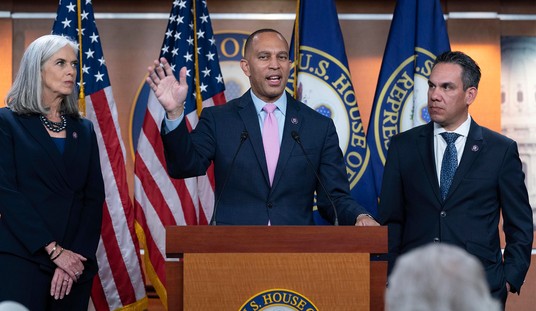If Martha Coakley wins on Tuesday, it won’t matter, but should Scott Brown pull off the upset of the year, Democrats are going to have to defy long time historic precedent to keep Paul Kirk, the appointed Senator of Massachusetts, in the Senate.
Fred Barnes cites Republican lawyers on this precedent, but there is actually quite a lot of substantive detail that you can read here.
In addition to the text and purpose of the Seventeenth Amendment, the analysis relied on various Senate precedents, including an October 15, 1918 ruling by Vice President Marshall, who found that the phraseology of the amendment was “radically different” than that of various state laws that permitted appointees to serve until their successors were “elected and qualified.” Marshall concluded that regardless of the fact that Senators-elect must “run the gamit of executive, administrative, judicial and senatorial investigation before they are entitled to qualify and take their seats as Members of the United States Senate,” the terms of their appointed predecessors nonetheless expire on the day of election. While the Vice President noted that “[e]quitably, it would seem that the present incumbents ought to be permitted to hold until their successors elected on the 5th of November have been sworn in as Senators, [] such . . . is not the law.”
This also came up on November 8, 1938, when the same thing happened. George Berry, the appointed Senator of Tennessee, was ousted upon the election. The Senate Judiciary Committee said that, notwithstanding language in Tennessee law similar to that of Massachusetts, the interim Senate appointment ends upon the election of a new Senator, regardless of certification of the new Senator.
The Democrats have a problem. Of course, they’ve been willing to ignore two hundred years of Senate precedent to get health care passed. This probably will be one more speed bump they’ll just ignore.













Join the conversation as a VIP Member